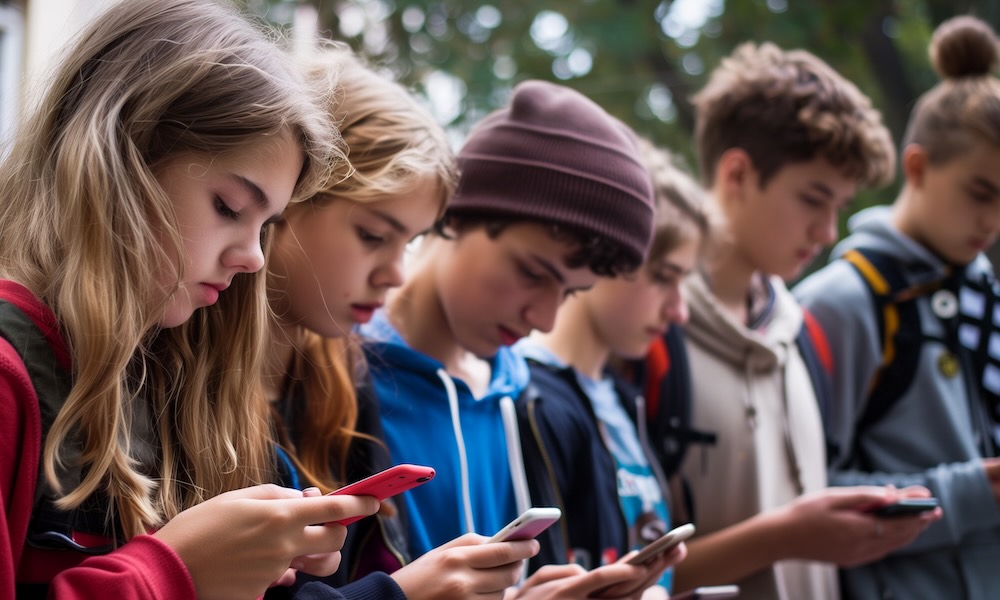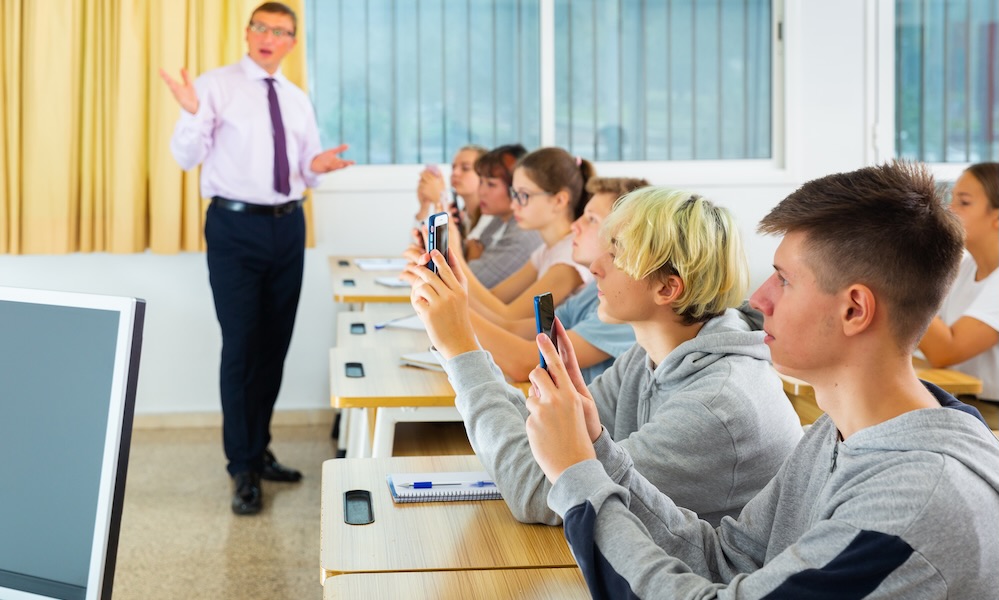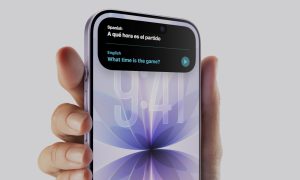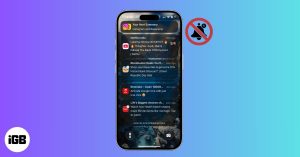Another State Is One Signature Away From Banning Cell Phones in Class

At least 10 states have banned student cell phone use during the school day. Another dozen or so are considering bans.
On March 3, the Tennessee Senate passed a bill that blocks kids from using cell phones, tablets, and smartwatches during class time. The bill requires public school districts to create and enforce plans that include the restrictions and also requires the creation of parent emergency notification policies.
Exceptions to the bill include the use of devices as needed for students with disabilities, and for classroom presentations. Logical. Districts will be responsible for determining the consequences of violating the policy, and whether or not phones can be used on school grounds, but not during instruction. The bill is on the desk of Governor Bill Lee for signature. If he signs it, it will be effective next school year.
The reasons for such a ban are apparent. Cell phones are a distraction, so teachers are complaining. There’s also the mental health concerns related to screen time and more particularly, social media use. This seems to be one area where red states and blue states agree.
Florida was the first to pass a statewide law back in 2023 with the signature of Governor Ron DeSantis. Florida’s bill also requires schools to block access to social media on district Wi-Fi.
Similarly, California’s Phone-Free School Act mandates that by July 2026 every school district or charter school K-12 develop a rule that will prohibit or limit student use of cellphones at school. Other states with existing bans include Louisiana, Minnesota, Indiana, Ohio, Virginia, and South Carolina.

It’s easy to see how such a ban makes sense. Last summer, the US surgeon general called on Congress to require a warning label on social media platforms similar to the labels placed on cigarette packaging. Regardless of your position on labels or warnings, the harmful effects of screen time and social media on overall mental health, anxiety, and depression, are pretty well documented.
At the same time, it’s hard not to sympathize with opponents of such legislation. Not the kids, but the parents. They want to be in touch with their kids for daily logistics, coordination, and emergencies. Parents have pointed to recent school shootings in their opposition to the bans. The solution here seems simple, though. If there’s an emergency, you can contact your parent, guardian, or other emergency contact. But wait. Should contacting parents be the first thing a student should do in an actual emergency like the tragedies we’ve seen far too many times over? Or should they focus on their personal safety first?
I believe in the equality of access to education. We’re far from it. However, a piece of that pie is that kids AND teachers should be able to learn and teach in a distraction-free environment to the extent possible. I also would flip out if I couldn’t contact my kid during a school emergency because his iPhone is off and he cannot wear his Apple Watch during class. This is why being a politician isn’t so glamorous. It’s easy to see things both ways. Where do you stand? Stay tuned for your at-home guide to surgically implanting an AirTag into your kid’s skin while they sleep (that’s a joke).







